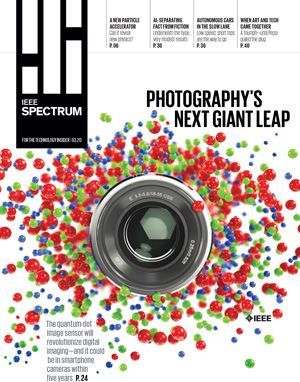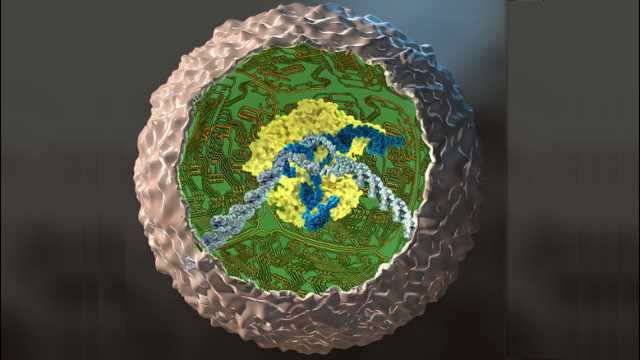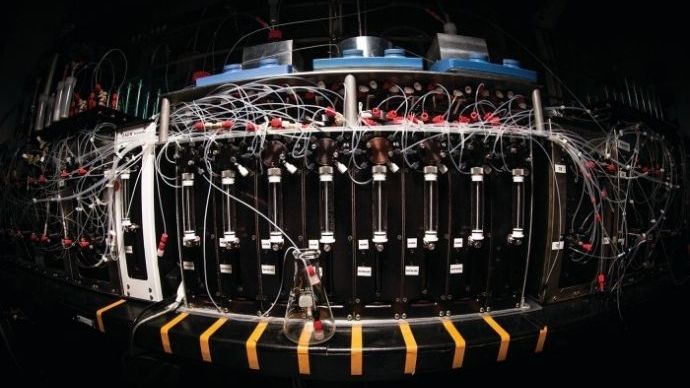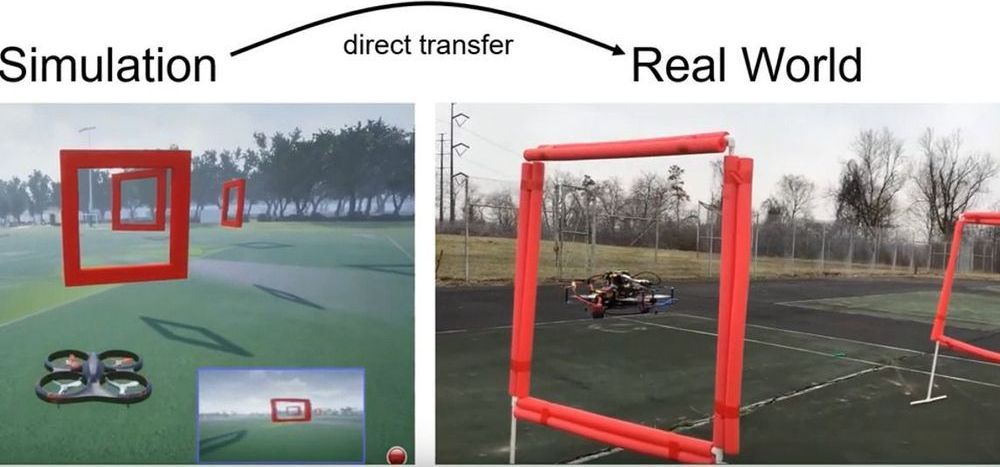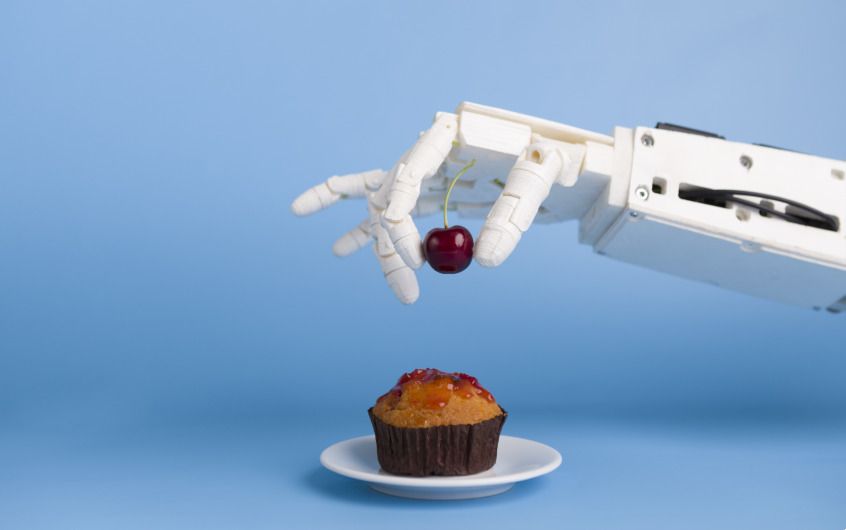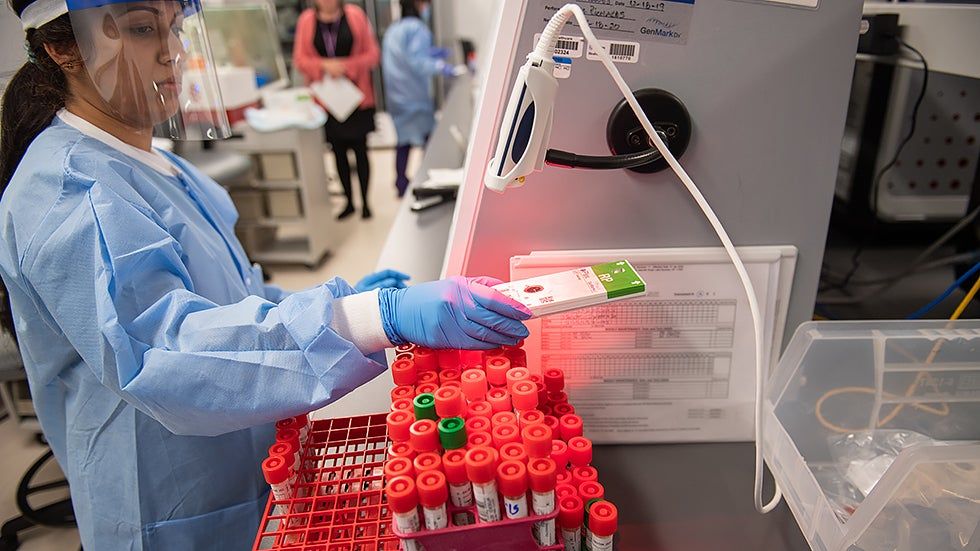UPS is working with German startup Wingcopter to develop a new type of delivery drone, to be used for the logistics company’s growing commercial drone delivery efforts both in the U.S. and globally. Wingcopter has already designed an electric vertical takeoff and landing (eVTOL) aircraft that has a range of up to 75 miles and can achieve speeds as high as 150 miles per hour in conditions that include wind speeds of up to 45 miles per hour.
Wingcopter will be working closely with UPS’ Flight Forward subsidiary, the dedicated drone delivery unit that UPS developed last year in July to house its commercial drone delivery program. In October, Flight Forward received Federal Aviation Administration (FAA) approval to effectively operate a full-scale “drone airline” at scale for the purpose of package delivery.
Wingcopter has already demonstrated how its drones could operate in commercial settings, including during a demonstration with Merck earlier this year that saw its autonomous eVTOLs carry small packages between the drug company’s various office locations in Darmstadt in Germany. It also used its aircraft to deliver critical medical supplies and life-saving equipment to hard to reach areas, including through partnerships with UNICEF and other relief organizations.

